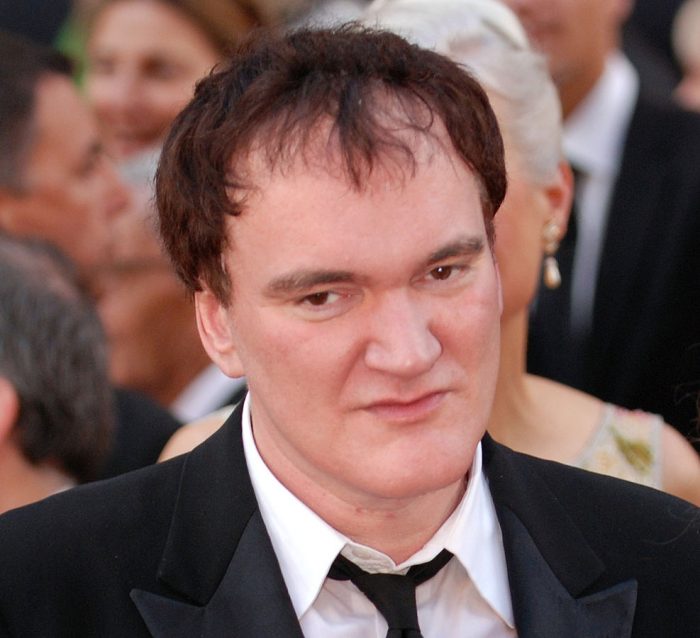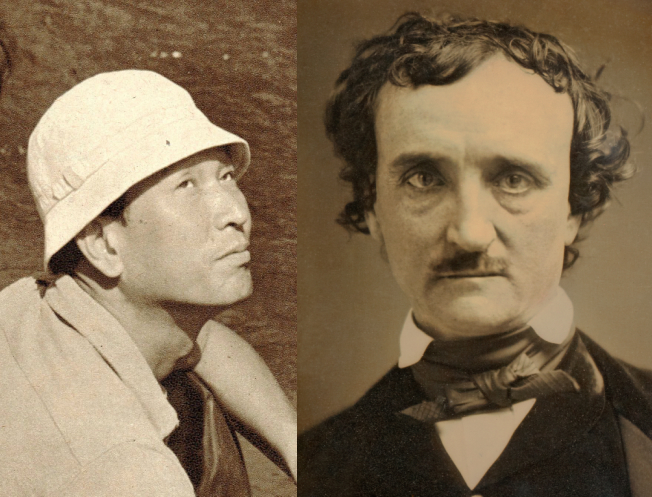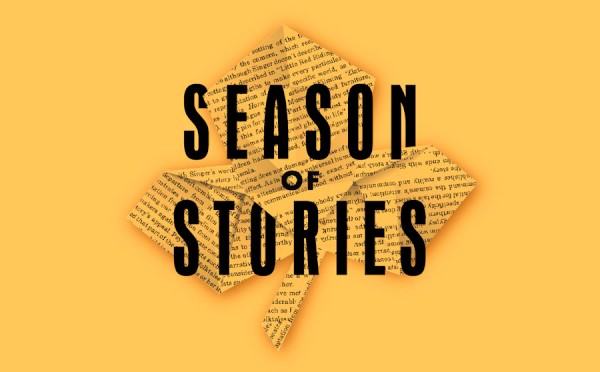The idea that we are living in a vast computer simulation as hyper-sophisticated simulated characters with limited self-awareness sounds like the kind of thing that issues forth from stoned philosophy majors in late night dorm room sessions. And no doubt it has, thousands of times over, especially after 1999, when The Matrix debuted and turned an amalgam of Plato, Descartes, Berkeley, and other metaphysicians into a then-cutting-edge sci-fi kung fu flick.
But is it a ridiculous idea? The obvious objection that first arises is: how could we possibly ever know? Computer simulated characters, after all, have no ability to step beyond the confines of the worlds designed for them by programmers, a limitation illustrated when one reaches a dead-end in a game and finds that, while there may be the image of a forest or a field, the game designers have seen no need to actually create the environment. Our character bumps up against the game’s edge stupidly, until we toggle the controls and move it back into the prescribed field of play.
But (fire up your bongs), does the character know it’s reached a dead end? And if the universe is a simulation, who’s running the damned thing? And why? Welcome to “the simulation argument,” a theory endorsed by philosopher and futurologist Nick Bostrom, Tesla and Space X founder Elon Musk, and quite a few other non-dorm-dwelling thinkers. “Many people have imagined this scenario over the years,” writes Joshua Rothman at The New Yorker, “usually while high. But recently, a number of philosophers, futurists, science-fiction writers, and technologists—people who share a near-religious faith in technological progress—have come to believe that the simulation argument is not just plausible, but inescapable.”
Given their quasi-religious bent, are these technologists and futurists simply replacing a creator-god with a creator-coder to flatter themselves? Judge for yourself, firstly perhaps by listening to Musk explain the concept in brief at a Recode Conference above. (If you find yourself comforted by his answer, you may just be a game designer.) Then, for a more sprawling, pop-cultural dive into the simulation argument, spend an hour with The Simulation Hypothesis at the top of the post, a documentary that—depending on the laws of your current place of residence—may or may not be enhanced by an edible.
We might also reference Bostrom’s 2003 article—or watch him describe his position in the video below. Bostrom speculates that we might be living in an “ancestor simulation” run by an incredibly advanced civilization thousands of years in our future. Like Musk, writes Rothman, he concludes that “we are far more likely to be living inside a simulation right now than to be living outside of one.” The possibility raises all sorts of disturbing questions about the reality of choice, the moral meaning of our actions, and the nature of human identity. These are questions philosophers (and Philip K. Dick) have always asked, but until recently, they had little recourse to independent confirmation of their hypotheses. Now, as you’ll discover in The Simulation Hypothesis, physicists have begun to discover that “our universe isn’t an objective reality.”
It is indeed perfectly plausible, given the exponential speed with which technology advances, that we will be able to run simulations with the same level of sophistication as our reality in a matter of a few generations or less… provided we don’t destroy ourselves first or completely lose interest. Which answers the question of who might be running the program. As with the higher beings in Interstellar who reach back to give the dying human species a hand, “there is,” writes Rothman, “no sanctity or holiness in the simulation argument. The people outside the simulation aren’t gods,” or even aliens, “they’re us.” Or some sufficiently evolved version, that is, whose technological achievements would likely seem to us like magic.
The Simulation Hypothesis will be added to our list of Free Documentaries, a subset of our collection, 4,000+ Free Movies Online: Great Classics, Indies, Noir, Westerns, Documentaries & More.
Related Content:
Free Online Philosophy Courses, a subset of our collection 1,700 Free Online Courses from Top Universities
What Do Most Philosophers Believe? A Wide-Ranging Survey Project Gives Us Some Idea
Daniel Dennett and Cornel West Decode the Philosophy of The Matrix
Josh Jones is a writer and musician based in Durham, NC. Follow him at @jdmagness




